Best of The Brink 2023: 10 Life-Changing Inventions, Amazing Discoveries, and Surprising Findings from BU Researchers
Using AI to treat hypertension, how life begins on the edge of volcanoes, why the UK and US can’t agree on Harry Potter book titles, and other insights from BU researchers

Best of The Brink 2023: 10 Life-Changing Inventions, Amazing Discoveries, and Surprising Findings from BU Researchers
Using AI to treat hypertension, how life begins on the edge of volcanoes, why the UK and US can’t agree on Harry Potter book titles, and other insights from BU researchers
Did you know human and coral reef immune systems have a lot in common? Or that deep-sea microbes might hold clues to alien life? How about that a new bionic pancreas for people with type 1 diabetes was invented in a lab right here at Boston University?
Every year, BU researchers and scholars make exciting breakthroughs, invent life-changing devices, pioneer solutions to local and global problems, and push the boundaries of our knowledge. At The Brink, the University’s research news site, we tell their stories—following the path they took, what they learned along the way, and how they hope to make the world a better place. Here, we share some of our highlights from 2023, with 10 of the coolest findings, gadgets, and discoveries powered by BU research this past year.

1
BU researchers studying the impact of climate change on coral reefs have been analyzing why some coral are more badly impacted by bleaching than others. Coral reefs can get sick, just like we can, and they’re getting infected by a lot of new viruses and diseases as their immune systems get battered by environmental changes. According to the researchers, the same genes and proteins that regulate human immunity are also found in corals, sea anemones, and sponges, which means they can apply some of the same techniques used to study human illness to understanding what’s ailing coral.
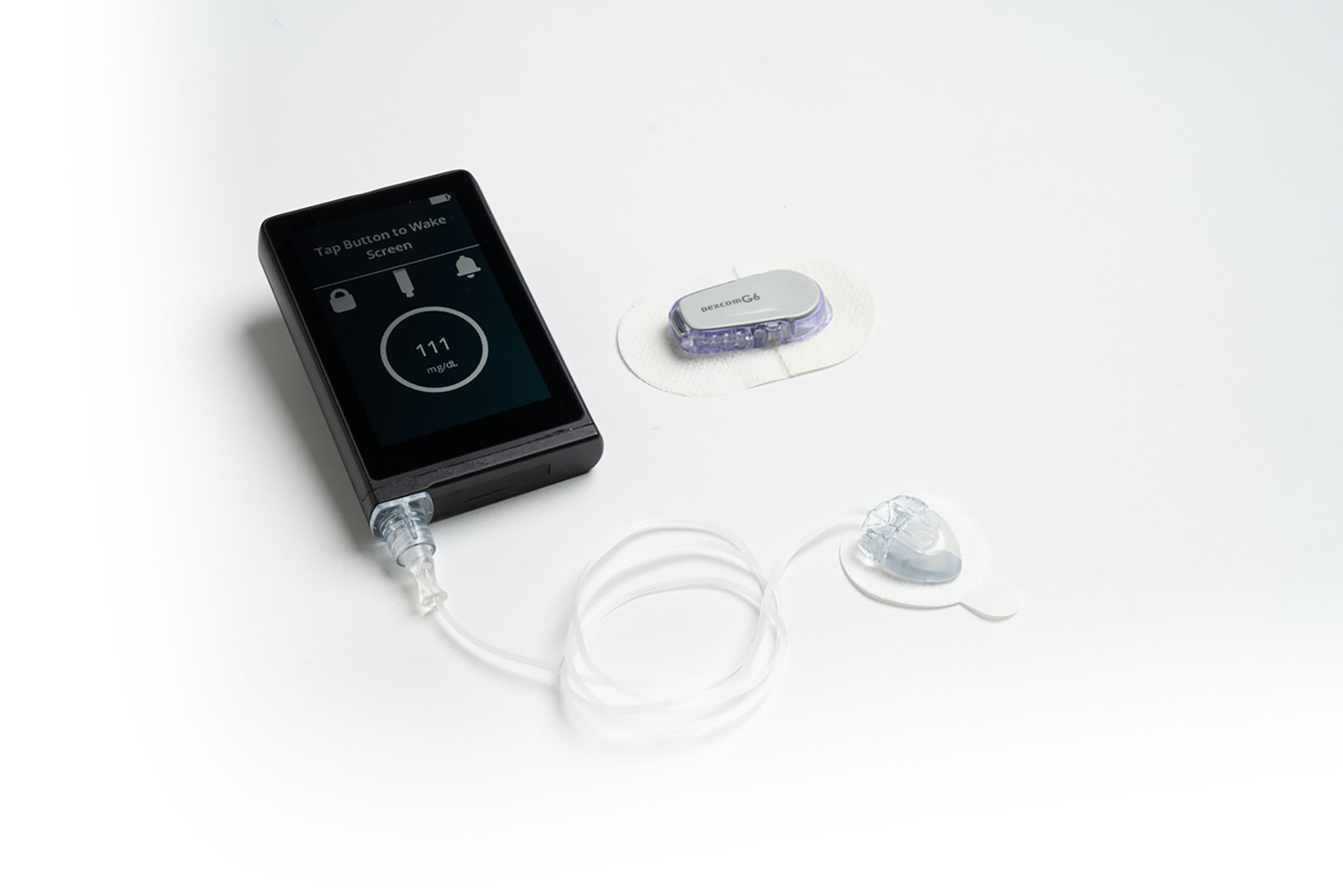
2
In May 2023, the US Food and Drug Administration cleared the iLet Bionic Pancreas that automates insulin delivery for people aged six years and older with type 1 diabetes. Instead of having to constantly measure their glucose levels and make complicated insulin dosing calculations, patients can let the wearable device—originally developed in the lab of Ed Damiano, a BU College of Engineering professor of biomedical engineering—automatically deliver tailored doses for them. There’s no cure for type 1 diabetes, but the iLet provides some hope for the two million Americans with the chronic condition.
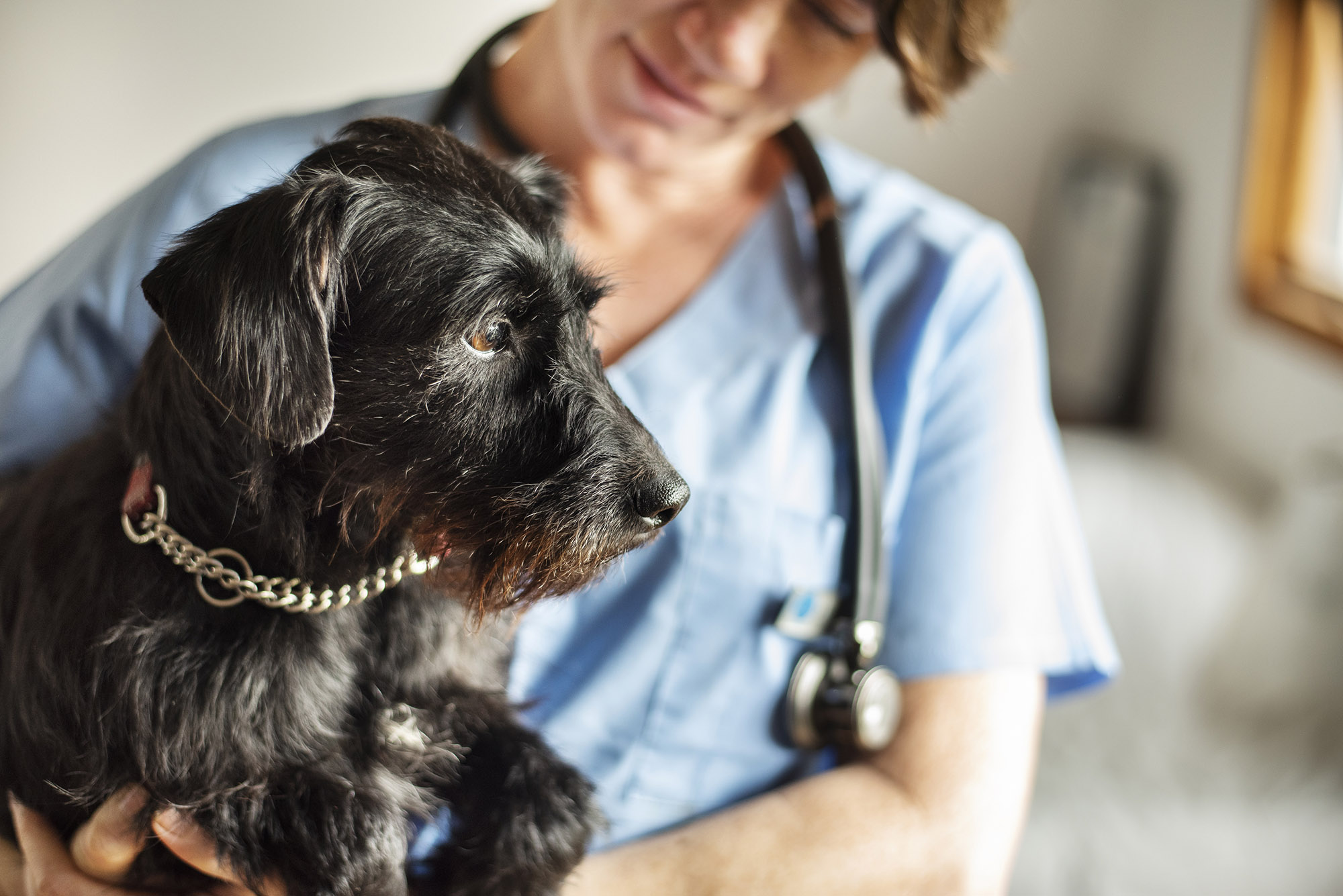
3
Poor Fido. A new BU study found that US dog owners who are skeptical about the benefits of human vaccines are also reluctant to vaccinate their pooches against diseases. The researchers analyzed a survey of 2,200 dog owners and found nearly 40 percent thought pet vaccines were unsafe, 20 percent thought they were ineffective, and 30 percent considered them medically unnecessary—despite overwhelming evidence saying the opposite is true. “The vaccine spillover effects that we document in our research underscore the importance of restoring trust in human vaccine safety and efficacy,” says study lead author Matt Motta, a BU School of Public Health assistant professor of health law, policy, and management.

4
It’s the biggest crisis you’ve never heard of: 70 countries are at risk of debt distress, meaning they might default on their loans. “We’ve already seen over 100 million people go back into poverty and many countries facing a lost decade, because they have to make a daily trade-off: education or servicing debts, healthcare or servicing debts?” says BU’s Kevin P. Gallagher, who’s studied the international sovereign debt crisis and come up with a plan for digging the world out of trouble. “It’s having devastating effects on countries and it’s going to impact the rest of the world.” And you thought the US debt ceiling talks were bad news.

5
More than half of Americans have hypertension, a potentially deadly condition that increases the risk of stroke and heart attack. But despite a host of treatment options, it can be tough for doctors to pick the right one: a drug that can slow the heart may also cause asthma, another that relaxes blood vessels can lead to a hacking cough. Now, a BU-led team has come up with an AI program that generates a custom hypertension prescription using an individual patient’s profile—and they found it achieved a 70.3 percent larger reduction in systolic blood pressure than standard of care.
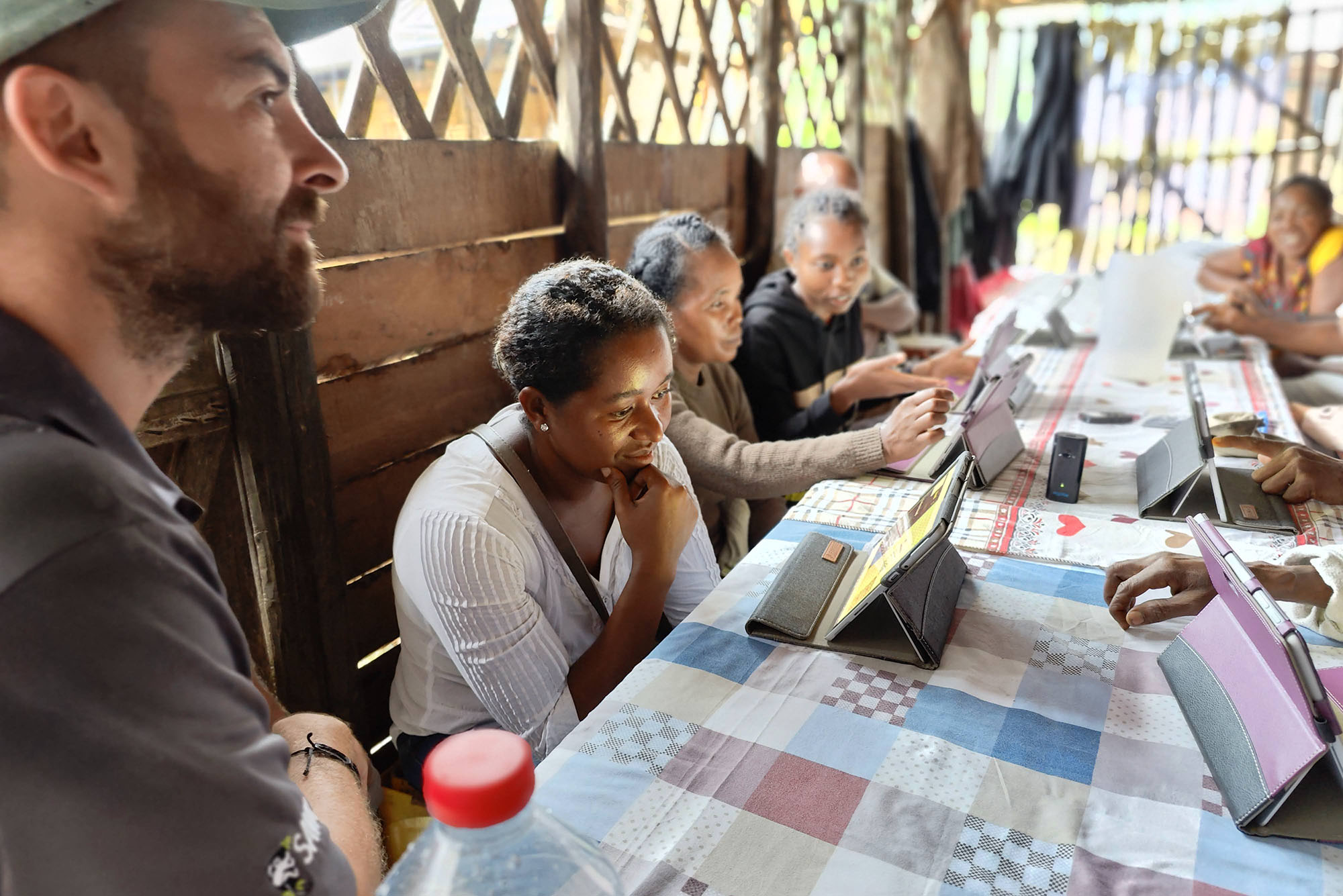
6
There’s no easy way to balance conservation and agriculture: favor animals and land preservation, and farmers may struggle to make a living; favor farmers, and important habitats and species could be lost. A BU study that looked at ways of incentivizing conservation without denting productivity found payments—paying a farmer to manage fallow land, for example—didn’t always work, but one thing generally did: including more women in decision-making. The researchers discovered women’s involvement boosted cooperation between farmers on environmental issues and increased output.

7
Which is the correct title: Harry Potter and the Sorcerer’s Stone or Harry Potter and the Philosopher’s Stone? How about Moby Dick or The Whale? The answer: they’re all correct. Each of these first titles is what the bestsellers were called in the United States; the second, the titles they were given in the United Kingdom. But why can’t these two nations agree on what to call a book? Most of the time it’s because while novels might be a work of art, says Joseph Rezek, a BU College of Arts & Sciences associate professor of English, books are a commodity—and different titles can help them appeal to different audiences.
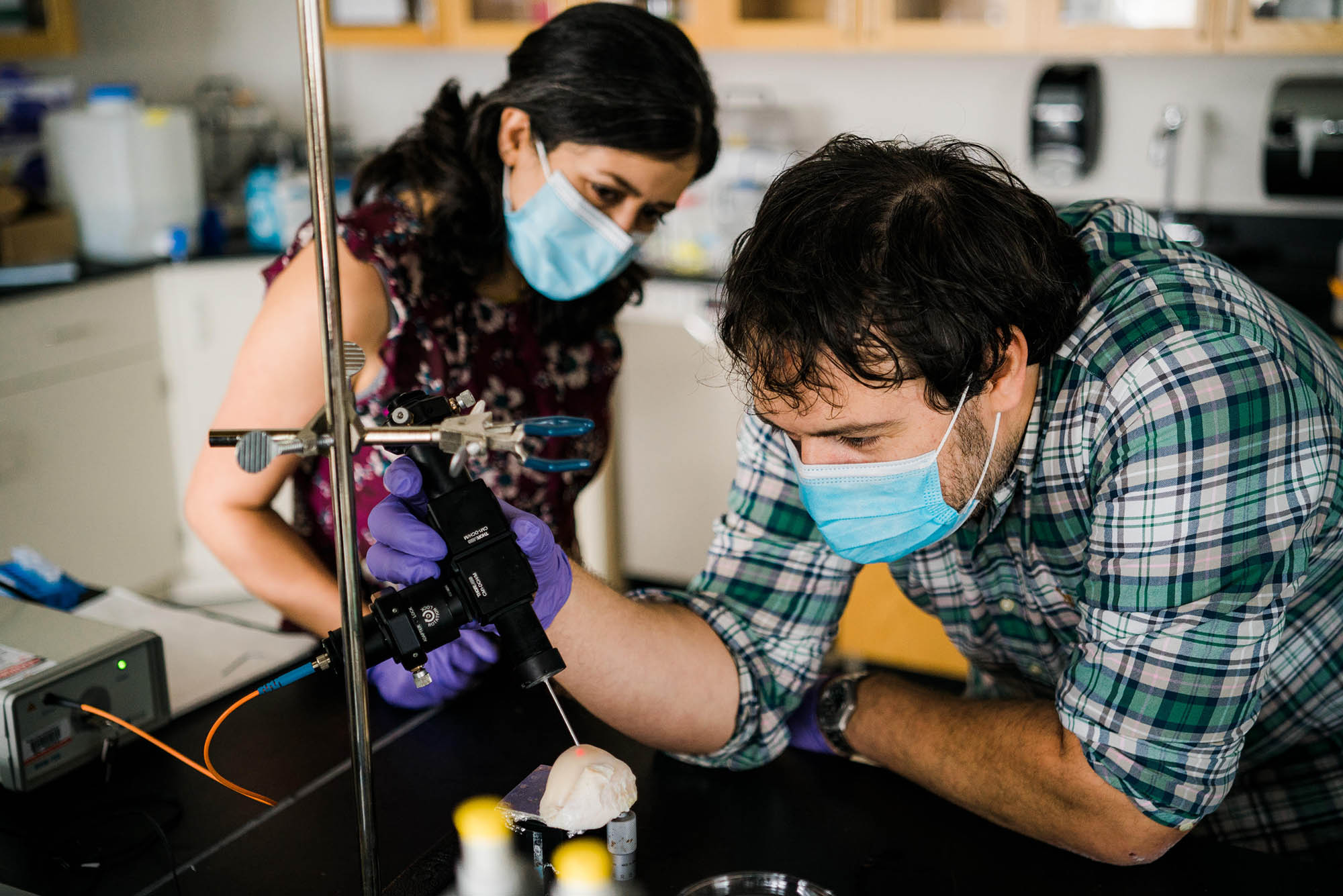
8
Osteoarthritis is the most common form of arthritis in America, but there’s no easy way to diagnose it and no cure—once you have it, you’re stuck with it. Now, a BU-led team of engineers and clinicians is trying something new, inspired by a technology called Raman spectroscopy that’s currently used to date fossils and scan art to spot forgeries. They’ve developed a noninvasive arthroscope—which uses light to measure a tissue’s composition and mechanical function—that could help assess the health of cartilage in knees and other joints, all at the click of a button. They hope it’ll lead to earlier diagnosis and speed their efforts to engineer replacement tissue.
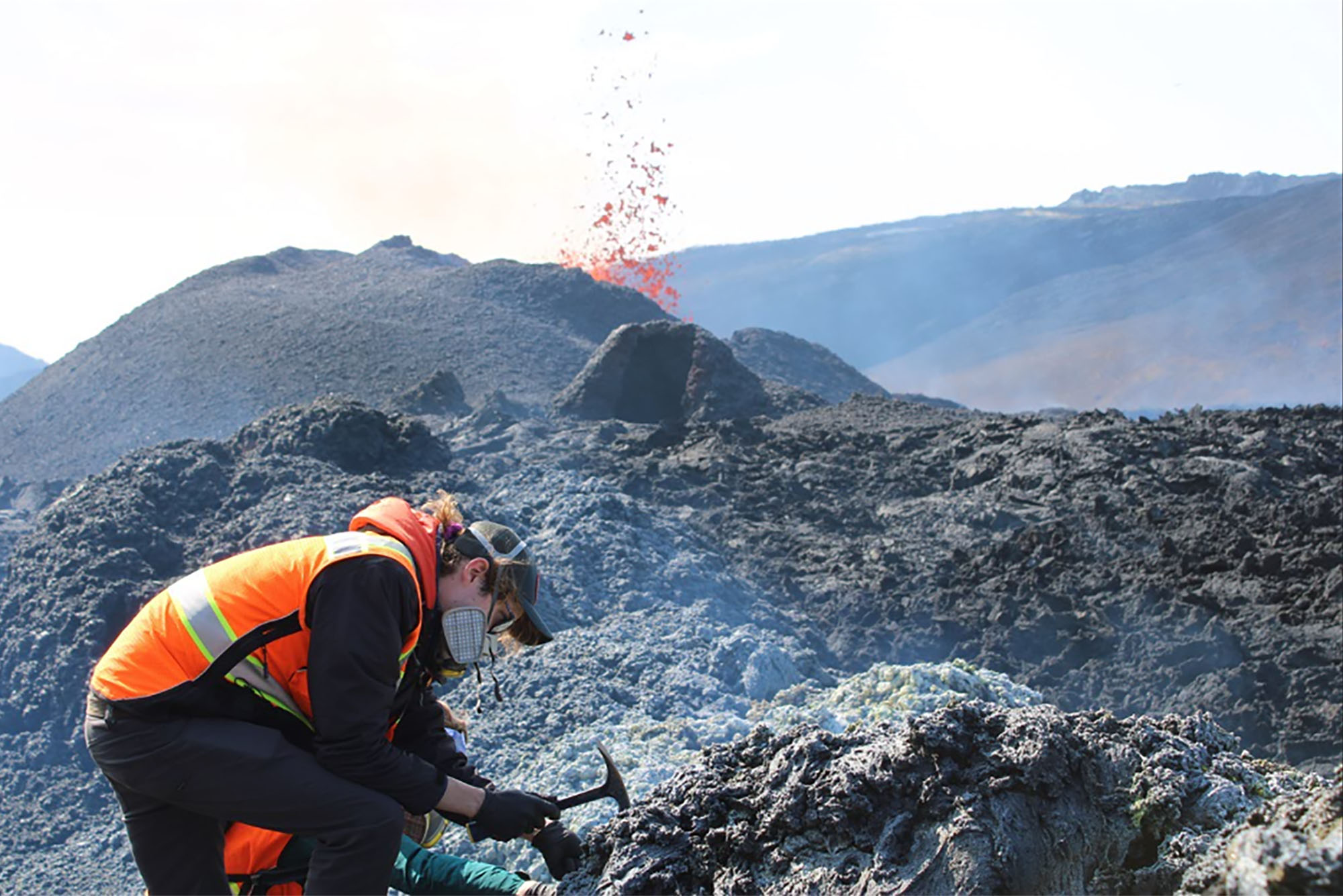
9
Most other planets would be harsh places to call home: broiling with heat or gripped by cold, swirling with hostile gases. But life often finds a way to survive in inhospitable environments—as demonstrated by the microbes that make their home near Earth’s bubbling deep-sea vents and smoldering volcanoes. BU biologist Jeffrey Marlow and his team study these incredible survivors to find out how they endure, traveling to the planet’s toughest spots to see where they come from and how they develop. One goal is to contribute to a field called astrobiology, which studies what happens on Earth to narrow the hunt for life in outer space. “Microbes are the world’s premier chemists, and when we work with them, we can accomplish truly spectacular feats,” says Peter Schroedl (GRS’25), a PhD student in Marlow’s lab.

10
A big majority of American Christians—82 percent—agree God charged people with protecting the planet, according to a Pew Research Center survey; but only 45 percent think people are to blame for a warming planet. Through her studies at the intersection of theology and ecology, the BU School of Theology’s Rebecca Copeland (above) hopes to encourage more churchgoers to be concerned about the environment. In her scholarship and research, she’s found examples of human-caused environmental harms in the Bible, reviewed human responses to animal suffering, and studied the commodification of water and women. “Genesis 1 repeatedly says that creation is very good,” says Copeland. “So, the idea that we can just destroy it, or use it up, or neglect it seems irreligious to me.”

Comments & Discussion
Boston University moderates comments to facilitate an informed, substantive, civil conversation. Abusive, profane, self-promotional, misleading, incoherent or off-topic comments will be rejected. Moderators are staffed during regular business hours (EST) and can only accept comments written in English. Statistics or facts must include a citation or a link to the citation.